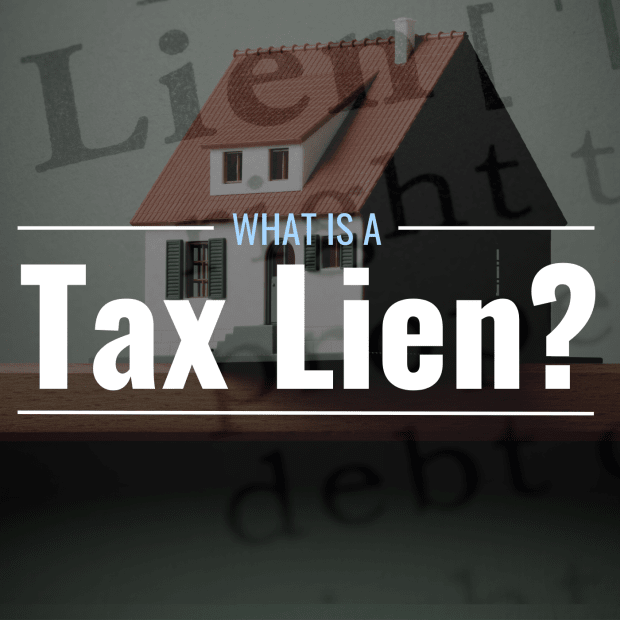
What Is a Tax Lien?
A tax lien can be used by the Internal Revenue Service (IRS) in the event that a taxpayer doesn't pay some or all of the taxes they owe. The tax authority can place a claim on a taxpayer's assets—such as their home—as security for their debt. The tax lien doesn't force a sale on the assets, but when that happens, the IRS gets its money before the taxpayer realizes anything from the sale proceeds.
State tax authorities can place a tax lien for unpaid state income taxes, while local governments can place a lien for unpaid property tax or other local taxes.
A tax lien is a matter of public record, meaning that it affects credit scores and could show up in a background check when applying for a new job. In some states and municipalities, notices of tax liens are published in the newspaper.
The IRS can also send a notice of its intent to levy. This gives them the right to seize your property or assets like cash in a bank account to satisfy the tax debt.
How Can a Tax Lien Affect You?
As mentioned above, a tax lien is a matter of public record and can impact you in several ways.
Credit
A tax lien will be a negative mark on your credit score, and this could impact your ability to obtain new lines of credit, such as a new credit card or an auto loan. This can also negatively impact efforts to obtain a mortgage to buy a home. Even if you can obtain credit, the presence of a tax lien will likely result in a higher interest rate.
Property Transactions
A tax lien on your home is considered an encumbrance on the title and could make selling the home more difficult. When a buyer seeks a mortgage, or even if they are buying for cash, a title search will be conducted. A lien on the property generally needs to be resolved for the new buyer to have a clean title. A tax lien could derail the potential sale if unresolved.
Finding a Job
A tax lien is a matter of public record and may show up in a background check related to employment. Your prospective employer may see this as a disqualifying issue, especially if the position is related to the financial industry.
How to Find Out If You Have a Tax Lien
Tax liens are not issued out of the blue. This is generally a last resort in an attempt by the IRS to collect a tax debt. If you have a tax lien, you will receive a written notice that the lien has been filed and all of the details surrounding that lien.
State and local tax authorities must also provide notice before filing a tax lien on your house or other assets, though the notice procedures and requirements may vary widely.
As mentioned above, tax liens show up when a title search of your property is done in connection with a potential sale. All types of liens can show up, such as a lien placed by a contractor who wasn't paid for doing work on your home.
If you are unsure whether there is an IRS tax lien on your home or other assets, the IRS has a hotline you can call. You can also contact your state or local governmental entity to see if they have any tax liens against you.
How to Remove a Tax Lien
There are a number of ways to remove a tax lien.
- Pay the amount of tax owed. This is not as simple as it sounds, as you will want to confirm what the full amount due is. In the case of the IRS, tax amounts owed accrue interest, which can add to the amount due.
- If you can't pay the full amount owed, try to negotiate a settlement with the IRS or local tax authority. You will usually want to retain the services of an attorney or tax professional experienced in helping clients resolve these types of situations.
- The IRS might withdraw their lien to allow you to sell the property or refinance it. They will do this if it is in their best interest in that it allows you to pay off the debt. Even if this is done, you still owe the money.
- Even if you have paid off the tax debt in full, it pays to check to see if the lien on your property or other assets has been removed. There may have been a delay in or the IRS or state tax authority may have had some sort of administrative issue. In any event, you will want to check your credit history and the entity that records liens on properties in your city or town to ensure the lien has been removed. If not, you must contact the IRS or the local tax authority to ensure this is done.
A tax lien is a serious issue and can impact you in a number of ways. If the IRS or some other tax authority places a lien on your home or other assets, don't ignore it—do what you can to resolve the situation as quickly as possible.







